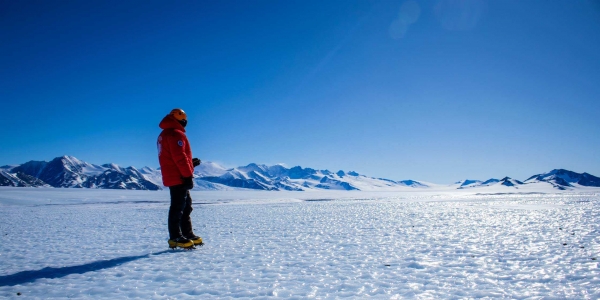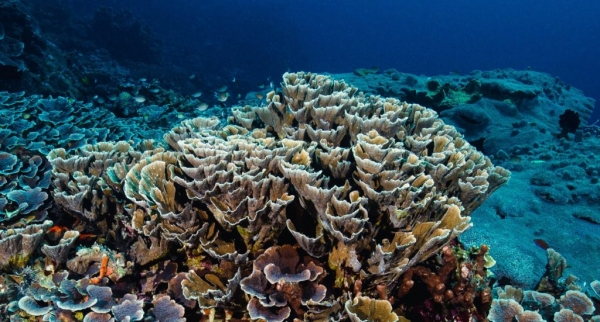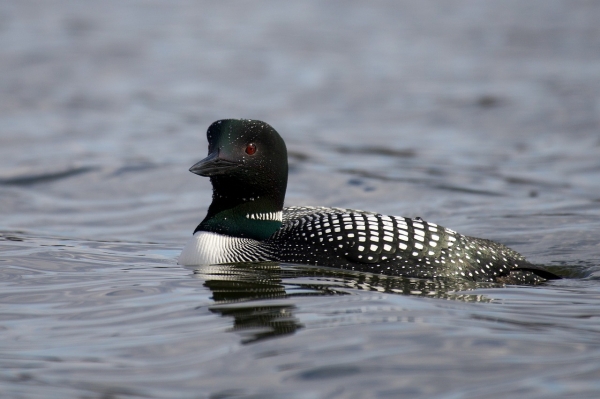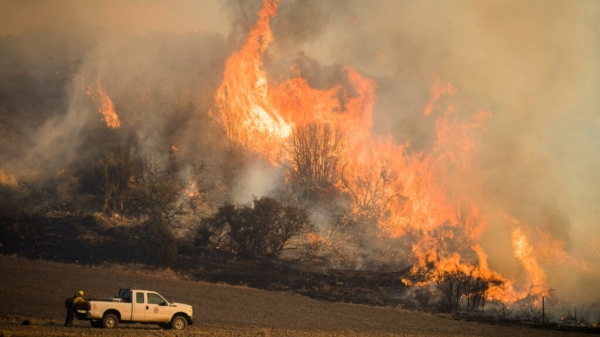Antarctica harbours a large concentration of meteorites imbuing the icy continent with an unparalleled wealth of information on our Solar System.
articles
Deep Parts of Great Barrier Reef ‘Insulated’ From Global Warming – For Now
Some deeper areas of the Great Barrier Reef are insulated from harmful heatwaves – but that protection will be lost if global warming continues, according to new research.
Heat Stress From Ocean Warming Harms Octopus Vision
While climate change has led to an increase in the abundance of octopuses, heat stress from projected ocean warming could impair their vision and impact the survivability of the species.
Boreal Forest and Tundra Regions Worst Hit Over Next 500 Years of Climate Change, Study Shows
The boreal forest, covering much of Canada and Alaska, and the treeless shrublands to the north of the forest region, may be among the worst impacted by climate change over the next 500 years, according to a new study.
Common Loons Threatened by Declining Water Clarity
The Common Loon, an icon of the northern wilderness, is under threat from climate change due to reduced water clarity, according to a new study authored by Chapman University professor, Walter Piper.
NASA Data Shows How Drought Changes Wildfire Recovery in the West
A new study using NASA satellite data reveals how drought affects the recovery of western ecosystems from fire, a result that could provide meaningful information for conservation efforts.










